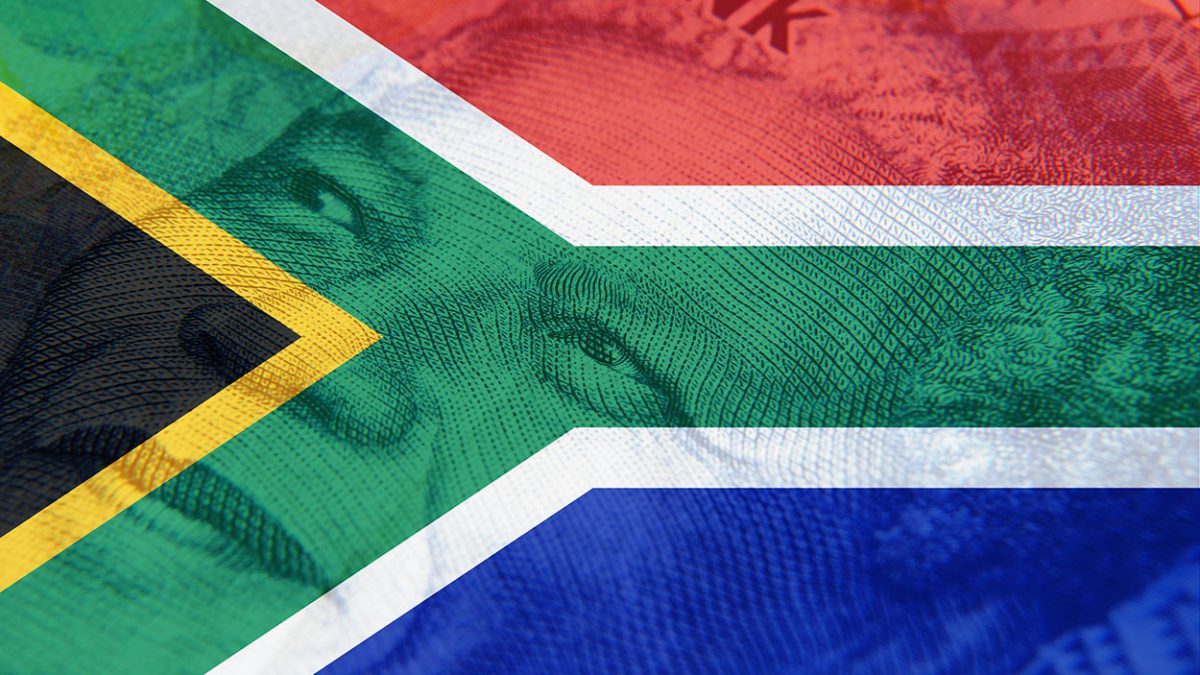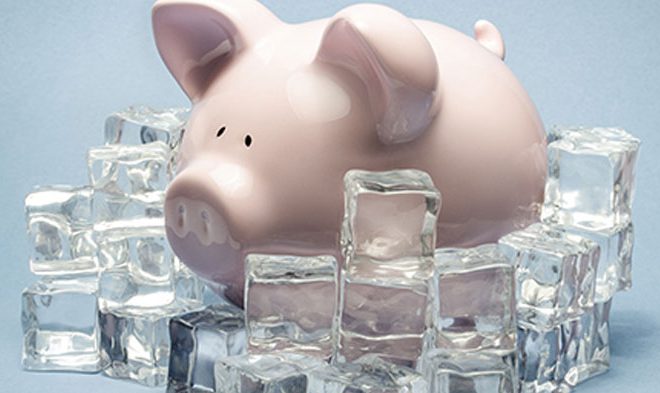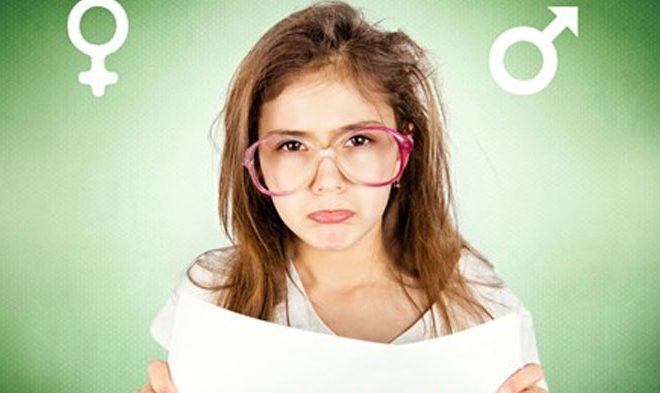9 Things You Need To Understand About The 2020 Budget Speech
by
MoneyShop
Financial Planning, Inflation, Interest Rates, Money, Money Tip
Since Tito delivered his budget speech a few weeks ago, a lot of numbers and percentages have been flying around in the media. It can all be a little difficult to digest (especially if finance isn’t your strong suit), and if you find yourself suffering from “information overload”, take a deep breath, because you only need the answer to one question – ‘How is this going to affect me?’.
We’ve picked 8 highlights from the budget you need to know about:
- Whether you are filling up your car or catching a taxi, for every litre of petrol you purchase, R5.70 of the petrol price will now go towards the general fuel and road accident fund levies. That’s an increase of 25c! This means that public transport costs are going to rise, filling up your car will cost more and so will catching an Uber. The knock-on effect is going to also be noticeable as wholesalers and retailers are going to pass this cost on to all of us, the consumers, so expect hikes in food prices and other consumables. This ultimately means less money in your back pocket each month.
- If you have a Tax-Free Savings plan already or are looking to start one, you can now invest R3000 more into one, tax free. That means the annual limit for contributions is now R36 000 and you won’t have to pay any tax if your investment grows. This will take effect from 1st March 2020.
- If you are looking at buying a property in the coming tax year, you won’t have to pay transfer duties if the property costs R1 million or less. This will make buying a house much more affordable for all of us!
- The public wage bill has increased to more than a third of the government’s R1.95 trillion spend! Our public servants include anyone who is paid by the State – teachers, policemen, traffic officers, local government officials, etc. The public servants’ salaries have increased by 40% over the past 12 years and so have their job perks. Governments plan is to reduce this wage bill by R160.2 billion for national and provincial departments (and ultimately save R37 billion by doing this). What could the effect of this be on all of us? Government is going to have to negotiate with the trade unions and will he have their support? Will there be lots of strikes and a delay in service delivery as a result? Will this impact the way our public servants do their jobs?
- Spending on public transport is going to reduce by R13.2 billion over the next 3 years – our public transport is already inefficient and unreliable and this is ultimately going to negatively impact South Africans’ lives – transport is a vital component to growing our economy – it is how we get to and from work, reach health care facilities, get to school, college or university, get to grocery stores etc.
- Personal income tax brackets have brought about some relief for taxpayers who earn less than R500 000 a year. Those earning R10 000 a month will now pay 10% less in tax. How will this help south Africans? Slightly more income in their back pockets. Some tax relief for already stretched South Africans. The Tax Threshold for those who are younger than 65 is going to go from R79 000 to R83 100. For those between ages 65 and 75 the tax threshold will increase from R122 300 to R128 650. For South Africans aged 75 and older the tax threshold will be R143 850 – up from R136 750 in the tax year 2019/2020. That means more money in pensioners’ pockets.
- For those of us who enjoy a good bottle of wine or having a few cocktails with friends on the weekend, expect to pay slightly more for them. The sin tax on cigarettes and cigars has also been increased so that will affect your monthly budget. If you have stopped smoking cigarettes and moved to using e-cigarettes and liquids (vapes), you’ll now pay slightly more for these as they are going to be taxed.
- Education: learning and culture will receive R396 billion to go towards building new schools, replacing schools that have been poorly built, providing them with water, electricity and sanitation. This will mean more South African kids will be learning in secure buildings and have access to proper and safe sanitation.
Until next time.
The MoneyShop Team
MoneyShop
MoneyShop is SA’s largest loan and credit finding service, helping over 120,000 clients per month.
Using artificial intelligence, we match the right lending and credit related products to the right people at the right time.





